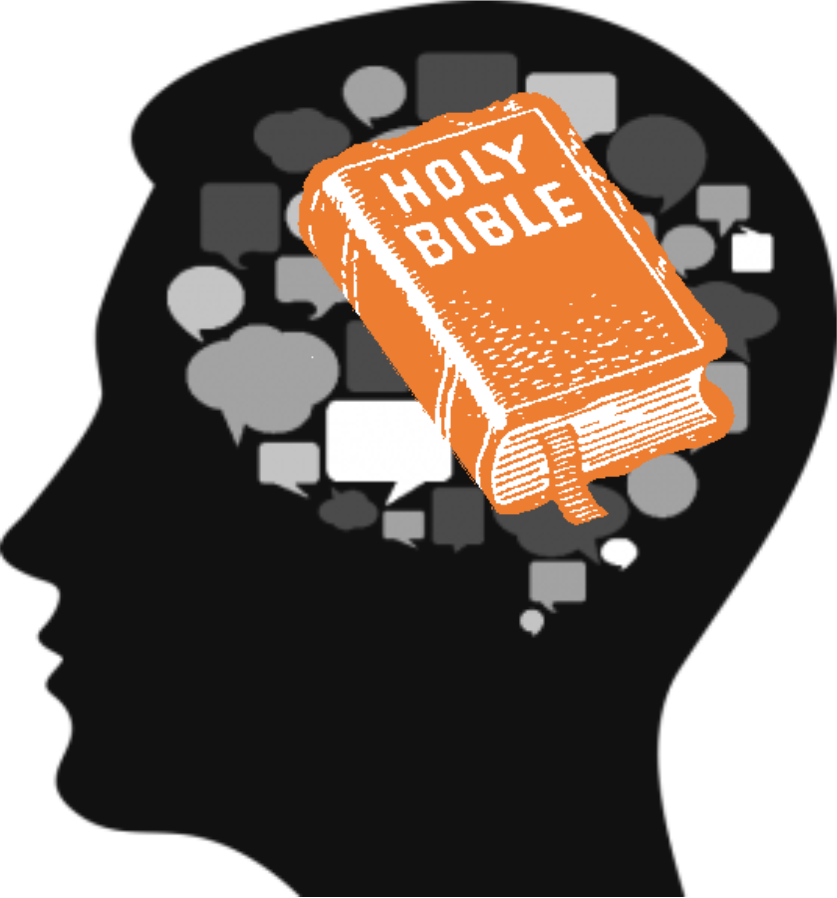Consider the following: A bat and a ball cost $5.50. The bat costs $5.00 more than the ball. How much does the ball cost?i If you are like most of us, your first answer is probably not the right answer. How often have you been discussing something with someone and said, “On second thought . . .”? Why was that? Fast thinking often produces frivolous thought. It is the slower deliberation or meditation that is often more correct. You remember the results of the fabled race between the tortoise and the hare, right? The slow, deliberate, consistent pace of the tortoise won the race. Here is another fun puzzle: “In a lake, there is a patch of lily pads. Every day, the patch doubles in size. If it takes 48 days for the patch to cover the entire lake, how long would it take for the patch to cover half of the lake?”ii One more: A man built his house with four walls 16 feet long. Each wall faced north. Where is the house?
The value of each of these puzzles is that they invite you to ponder. They draw you in to more careful, deliberate thinking.
Management studies at Ivy League universities have shown that this slower, more careful thinking helps you to be successful. These are secularists, of course, but it’s interesting to note how they view “best practices.” Some even refer to this careful concentration as “meditation!”iii It’s clear that they are not talking about the “mind-emptying meditation” so common with eastern mysticism. No indeed, this is careful concentration on specific content. Jesus said that, “the children of this world are in their generation wiser than the children of light” (Luke 16:8). But the “children of this world” should not be ahead of “the children of light” on this issue for at least two reasons:
- The Bible strongly urges Christians to meditate.
- Christians have the advantage of meditating on God’s Message with all its promises of success.
“This book of the law shall not depart out of thy mouth; but thou shalt meditate therein day and night, that thou mayest observe to do according to all that is written therein: for then thou shalt make thy way prosperous, and then thou shalt have good success.” (Joshua 1:8)
“But his delight is in the law of the LORD; and in his law doth he meditate day and night. And he shall be like a tree planted by the rivers of water, that bringeth forth his fruit in his season; his leaf also shall not wither; and whatsoever he doeth shall prosper.” (Psalm 1:2-3)
I must confess that, at time, I have been thinking about the blessings of Biblical meditation in a short-sighted manner. I thought that if I would meditate on the Lord in Scripture, He would bless me, –somehow. Now that is true, but that is not the whole picture. As we use what we might call “the greatest sharpening Tool of all time” (the Scripture), something happens to us. (Ponder Hebrews 5:13-14 and you will see how it works.) What if the promise of blessing for the practice of meditation (Psalm 1) is actually a blessing for the process of meditation? If we learn to meditate on the message of the Word, we can do the same with any other matter in the world! What if it is actually the process of learning to think deliberately that is part of God’s recipe for blessing? For instance, compare the two men in James 1:24-25. Which one is more deliberate in his process of careful thought? Which one is blessed?
How to Meditate on the Bible?
Biblical Meditation: to ponder the Scriptures slowly and carefully by deliberate concentration in order to better visualize or realize the Truth being presented. When you have time, think about the following verses. These verses contain one of the Hebrew words referring to Biblical meditation.
Hebrew word [hagah]
Joshua 1:8 “meditate”
Psalm 1:2 “meditate”
Psalm 2:1 “imagine”
Psalm 35:28 “speak”
Psalm 63:6 “meditate”
Psalm 143:5 “meditate”
Proverbs 15:28; 24:2 “studies”
Hebrew word [siyach]
Psalm 119:15, 23, 48, 78, 148 “meditate”
Psalm 119: 27 “talk”
Psalm 143:5 “muse”
So, ponder the Proverbs and sit down to read the Psalms slowly. Take one verse each day and turn it over and over in your mind. You will find a new friend who will return to speak to you at exactly the right time. That verse of Scripture may even come back to you when you need to take the next step toward success.
It has been said that you lose your way because you lose your “why.” Use the verses above to show yourself “why” you ought to practice Biblical meditation. Then you will find a way to learn to practice what the Scriptures refer to as meditation. Learn to think more slowly and deliberately about God’s Word. Then watch for His blessing on you in this world – and the next.
Pastor Gordon Dickson, Calvary Baptist Church, Findlay, Ohio
iIf “x” represents the value of the ball, then “x +500” would equal the value of the bat. Then x + x + 500 = 550 . This is a variation of a quiz question on the “Cognitive Reflection Test” produced by Shane Frederick of the Yale School of Management. It is referenced in the article cited below.
ii Kadioglu, Tara, “Why Slow Thinking Wins”, Boston Globe, July 26, 2015 https://www.bostonglobe.com/ideas/2015/07/25/the-power-slow-thinking/ToZbzYl7rG0yVMCtsZ7WnJ/story.html
iiiHagstrom, Robert, “The Warren Buffet Way” Third Edition, Hoboken: Wiley and Sons, 2014. P. 210. “System 2 thinking is serious thought. It is deliberate and requires concentration. System 2 thinkers are naturally patient. For System 2 thinking to work effectively, you must allocate time for deliberation, and, yes, meditation.”


